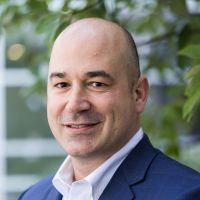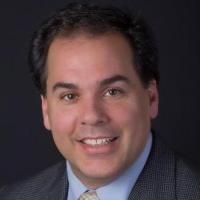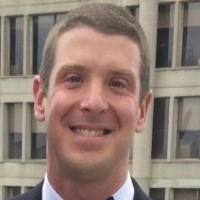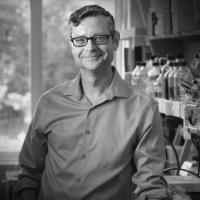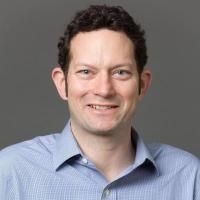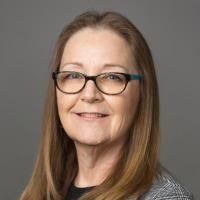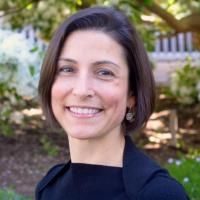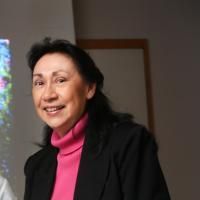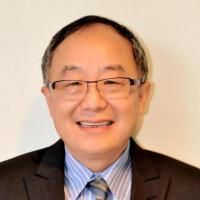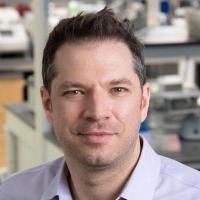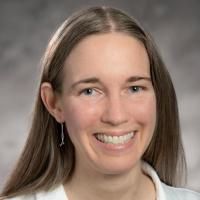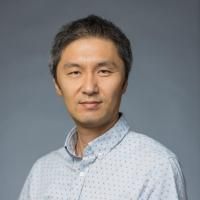The Pharmacological Sciences Training Program (PSTP) is an interdisciplinary training program administered in the Department of Pharmacology and Cancer Biology that provides an integrated training experience in Pharmacology for students in the biomedical sciences. The Program recruits students from all biomedical science departments who are interested in broadening their training through instruction in Pharmacology and related disciplines. The program provides funds for stipend, tuition and fees for 2 years of graduate training and supports travel to national meetings during the period of support. Pharmacology provides a strong foundation for future employment both in academia and in industry, and our graduates tell us that the instruction in this basic discipline proved to be one of the most useful components of the PhD training at Duke University.
Students in any of the participating basic science departments (Biochemistry, Cell Biology, Chemistry, Genetics, Neurobiology, Pathology, Pharmacology and Cancer Biology) can request admission to the training program from the time they apply to Duke through the end of the second year. The only requirements of the program are that the student conduct thesis work related to Pharmacology and take the required program courses. If the student’s mentor is not a member of the PSTP, the mentor should apply to join by submitting a CV and membership request. The requirement of the mentor is that his or her research is relevant to Pharmacology and that they commit to supporting the student for the non-PSTP funded years of graduate study.
Requirements for the Ph.D. are those established by the graduate school. The majority of course work will be selected in consultation with the Director of Graduate Studies of your department and your thesis committee. There are four required courses: (1) Essentials of Pharmacology and Toxicology (Pharmacology 533), (2) Experimental Design and Biostatistics for Basic Biomedical Scientists, Pharmacology 733, (3) Innovations-Drug Development (Pharmacology 835), (4) Student Seminar (Pharmacology 780). Pharmacology 533 provides an introduction to the basic of Pharmacology (pharmacokinetics, drug:receptor interactions, drug design). Pharmacology 733 provides training in experimental design and data analysis, quantitative skills that are critical for anyone working in biomedical science. Pharm 780 provides students with opportunities to develop presentation skills by presenting their own research as well as an opportunity to review the work being presented by our outside seminar speakers. Pharm 835 is our flagship course, a team-based learning experience in drug design which traces the entire drug development process from target identification to post-approval monitoring. It includes speakers from academia and industry who are experts at various stages of the drug development process and presentations of each stage by interdisciplinary student teams.
Requirements and details can be found here.
Students are expected to have some background in cell and biology and physiology. If they do not, students are encouraged to use electives to gain this proficiency. Grades in all Pharmacology courses must be B or better. Students who obtain a C in a non-Pharmacology course will receive a letter of notice from the Director of the Program, and students who receive more than one can be dropped from the PSTP.
Students in Pharmacology normally take the core courses during the first year, while students in other participating departments can take these courses during the second year, or take them out of sequence. Students only need to complete the Pharmacology courses by the time they finish their course work. The exact timing will be decided upon consultation with individual students.
Students are required to attend an annual evaluation meeting in the fall with two PSTP faculty members who will serve as your PSTP mentors throughout your graduate school career. At these meetings, they will review progress including coursework, lab selection, committee meetings and job selection at graduation. The purpose of this meeting is primarily advisory: the PSTP mentors can provide another source of advice beyond that provided by the home department.
The PSTP offers a Survival Skills minicourse at the start of the fall semester that is required for first year students. Additional minicourses will be offered each year. There are also bi-monthly Career Lunches. These have both a social and professional function. Students have a chance to meet other students in the program on a regular basis. In addition, there will be speakers who discuss professional development issues, ranging from graduate school issues like lab selection and preliminary examinations as well as talks by Pharmacologists who are working in a variety of environments, including academic, government and industry.
The PSTP also provides funds for travel to scientific meetings during the two-year period of support. The program provides on average $600-$800 for each trip. Students can receive this support whether they are presenting data or not. A call for travel requests will be sent out in the early fall.
Students are encouraged to participate actively in all functions sponsored by the Department of Pharmacology and Cancer Biology, including the weekly seminar “Regulatory Networks in Health and Disease.” All PSTP trainees are invited to attend the annual retreat for the Department of Pharmacology and Toxicology. This is held in the fall in Wilmington. The PSTP will pay your expenses. This provides an opportunity to present your work, interact with other students and also enjoy a weekend at the beach.
Contact information
Dr. Cynthia Kuhn, Principal Investigator
Email: ckuhn@duke.edu
Claudia D. Ruga, DGSA Administrative Coordinator
Email: claudia.ruga@duke.edu
Participating Faculty
Faculty participating in the Pharmacological Sciences Training Program have their primary appointments in a wide variety of departments within the biological sciences at Duke thus providing students with diverse research opportunities within the Pharmacology discipline. Below is an alphabetical list of the faculty of the PSTP.

